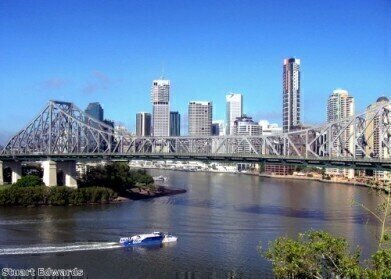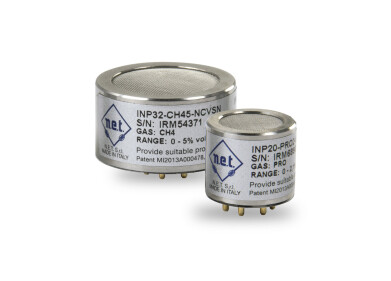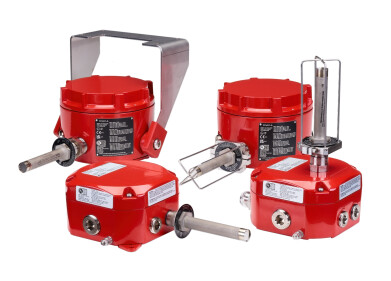-
 Companies throughout Australia will be subject to a carbon trading programme from 2015
Companies throughout Australia will be subject to a carbon trading programme from 2015
Safety
Australia starts paying for pollution in a bid to reduce emissions
Jun 24 2013
Carbon permits have been handed in by power stations and factories throughout Australia, accounting for around 212 million metric tonnes of greenhouse gases.
The gases that were covered in the permits were emitted over the last year and have been accounted for in order to prepare the country and its industry for the cap and trade programme coming into effect in 2015 in a bid to reduce emissions. Companies had to hand in permits that covered at least 75 per cent of their emissions up until June 30th.
Carbon emissions became chargeable last year in a decision by the Australian government. The plans for the carbon trading system were introduced by prime minister Julia Gillard, which drew large amounts of criticism from the opposition.
Hugh Bromley, analyst at Bloomberg New Energy Finance, said by email: "Last week's provisional surrender would have been the first time that many Australian companies have had to pay for their emissions. This is an important step forward as Australia's per capita emissions are the highest in the Organisation for Economic Co-operation and Development (OECD)."
According to the Clean Air Regulator, all companies that were liable to report their emissions fulfilled the obligation to do so. Permits were given for around 99.7 per cent of companies' carbon emissions over the last year. More companies are set to hand over their carbon permits by February 3rd 2014, as well as the 256 companies who gave their permits over this month. In total there are 376 companies who are obligated to provide this information.
In order to cover all the emissions a company creates, it must purchase further permits from the government to cover extra emissions. Companies can also use projects that help to reduce emissions from landfills, livestock and deforestation to work as carbon offsets. The regulator data shows that the permits that were handed in this month accounted for 1.7 million Australian Carbon Credit Units.
Digital Edition
PIN 25.6 Buyers' Guide
January 2025
Buyers' Guide Directory - Product Listings by Category - Suppliers Listings (A-Z) Articles Analytical Instrumentation - ASTM D7042: The Quantum Leap in Viscosity Testing Technology -...
View all digital editions
Events
SPE Hydraulic Fracturing Technology Conference and Exhibition
Feb 04 2025 The Woodlands, TX, USA
Feb 05 2025 Guangzhou, China
Trinidad and Tobago Energy Conference 2025
Feb 10 2025 Point Lisas, Trinidad
Feb 11 2025 Lagos, Nigeria
Feb 13 2025 Manama, Bahrain


















